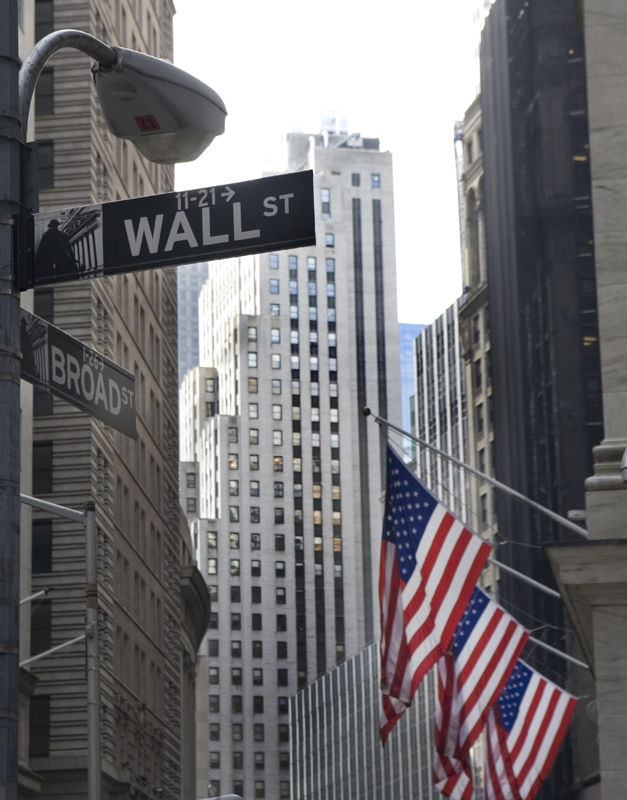
In a speech delivered at Georgetown University, FINRA CEO Robert Cook expressed the Regulatory Authority’s intent on helping brokerages identify and supervise brokers with a history of disciplinary action.
From now on, FINRA is going to look very closely at how firms hire and supervise high-risk brokers, Cook explained.
Firms should have heightened supervision in place to prevent potential violations by brokers with a history of misconduct. According to Cook, it is firms themselves who have asked FINRA for more guidance on the issue.
“Based on our conversations with firms, there’s potential value in our providing some heightened guidance about what we think they should be looking at… Our intention is to provide a better understanding of what our expectations are about [as to] how they should go about identifying brokers who may merit heightened supervision and about what the elements of heightened supervision might be,” Cook said. Recidivist brokers have become a priority for FINRA over the last few years.
Since 2014, 120 brokers have been barred. In spite of these efforts, Cook’s speech has made it clear that FINRA is still under pressure to keep high-risk brokers on a shorter leash. There are countless examples of how the system has failed in the past.
Broker Clay Hoffman’s 19 Disclosures before Being Barred Leads to FINRA Scrutiny
It took over ten years for Clay Hoffman, a broker with a staggering 19 disclosures to his name, to finally get barred by FINRA. Hoffman was employed by Summit Brokerage Firm Services, SunTrust Investment Services, Merrill Lynch, and Edward Jones between 2001 and 2016.
After settling numerous customer disputes, he was finally barred after disciplinary action initiated by FINRA. Considering that only about 7% of brokers under FINRA’s jurisdiction have any disclosures at all, it seems rather extreme that Hoffman was able to survive in the industry after accumulating 19.
Hoffman’s story is a case in point, and it seems FINRA is getting ready to stop this from happening again.
Harsher Penalties for Repeat Offenders & the Firms that Hire Them
During a meeting in May, the board of FINRA introduced proposals to implement harsher penalties for repeat offenders and to demand heightened supervision while a high-risk broker is under FINRA scrutiny.
“A few bad actors can not only devastate the investors they target, but also threaten confidence in the wider financial system. Markets simply cannot function well if there is an undue risk – whether real or perceived – that one’s hard-earned savings could line the pocket of a fraudster instead of providing a good retirement, sending kids to college, or helping to start a new business,” Cook said.
FINRA to Increase Co-Ordination with SEC and other Regulators
Cook has also indicated that FINRA would be coordinating closely with the SEC and other regulators, in order to ensure consistent and effective controls across the industry. “A persistent challenge for policymakers and regulators is making sure that our shared regulatory framework does not create incentives or opportunities for bad actors to move from one area to another to avoid detection or to ‘start over’ after they have been caught,” Cook explained.
There are many ways in which FINRA tries to prevent high-risk brokers from serially violating FINRA rules.
Now, the Regulatory Authority plans to extend the scope of the rules in place. One example is the rule requiring the taping of conversations between brokers and customers under certain high-risk circumstances. The new proposals recently approved by FINRA’s Board expand this rule to include a mandatory disclosure on BrokerCheck when a firm has “taping” status.
FINRA also proposed operational improvements to protect investors from bad actors. These include integrating new data points into their risk models, such as where a broker works or whether his/her co-workers have a history of misconduct.
FINRA is especially focusing on problematic brokers who move in clusters from one firm to another.
Cook’s speech also offered his response to the public’s pressure to have FINRA publish the names of brokers and firms suspected as high-risk. “As a regulator, we must consider fairness and due process… In this respect, our approach is no different than that of many other regulators who develop internal watch lists of firms or individuals to prioritize supervisory resources without publishing their names,” he concluded.
If you or your firm are (or might become) a target for FINRA enforcement under these new more-rigorous policies, we can help. Herskovits PLLC focuses exclusively on Securities Law and FINRA enforcement defense, nationwide. Call Now to learn your options and preserve your rights.
 FINRA Lawyer Blog
FINRA Lawyer Blog

